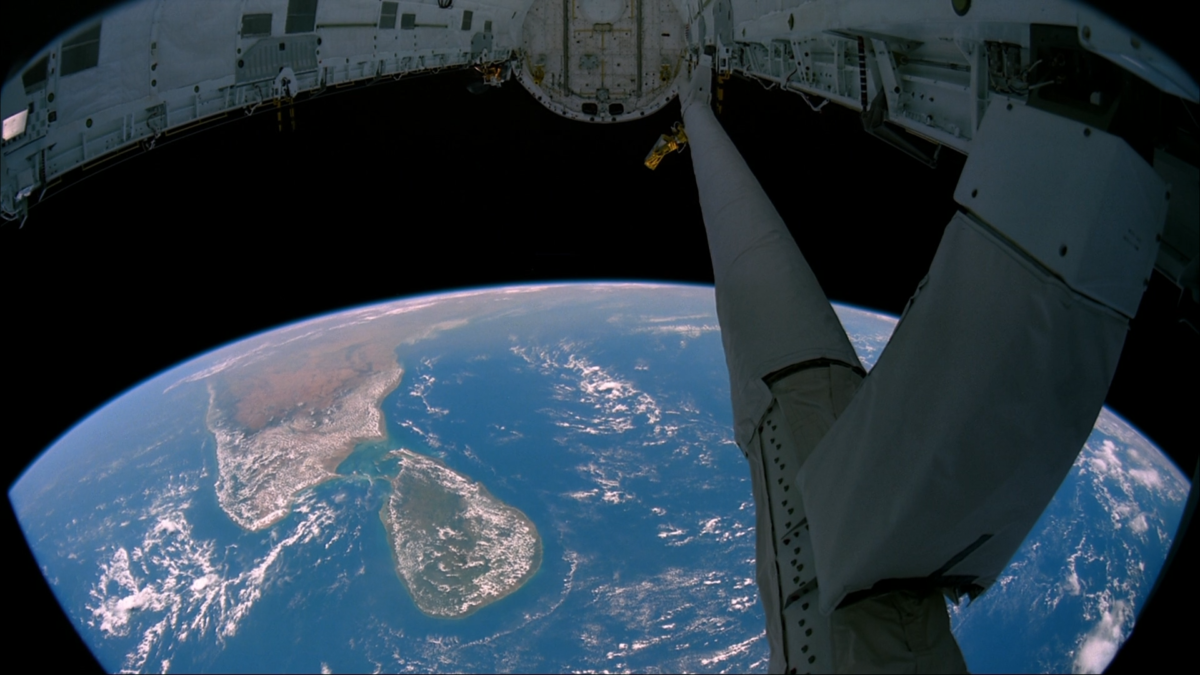From pv magazine India.
Of the 9 GW solar capacity targeted by Tamil Nadu by 2022 under its new solar policy, 40% would come from consumer systems. The government of the Indian state would review implementation of the policy every year.
The Tamil Nadu Energy Development Agency said the state’s installed solar capacity was around 2 GW at the end of March.
“Vision Tamil Nadu 2023, a strategic plan for infrastructure development in Tamil Nadu, includes a solar energy target of 5,000 MW,” reads the 2019 policy document seen by pv magazine. “More recently, the Ministry of New and Renewable Energy (MNRE) proposed a solar energy target for the year 2022 of 9 GW for Tamil Nadu. To meet the Vision Tamil Nadu 2023 and MNRE 2022 targets, substantial solar energy capacity addition [will be] required.
A global ambition
Popular content
“Achieving the solar energy target for 2023 requires new policy instruments and solar energy programs, especially so for the consumer category. Enhanced grid penetration of solar energy requires smart grid management and energy storage solutions. With the experience gained from implementation of the Tamil Nadu Solar Energy Policy 2012, and with a view of accelerating the transition to a sustainable energy future, this Tamil Nadu Solar Energy Policy 2019 provides an inclusive policy framework that promotes both [the] utility category and consumer category solar energy generation through various enabling mechanisms.”
The state aims to become an international climate leader for emerging economies by 2023 by hitting its 9 GW target.
The Tamil Nadu government recently announced plans to purchase 2,000 low-maintenance, battery-operated buses as part of its endeavor to adopt environmentally-friendly public transport. The buses would run in Chennai, Coimbatore and Madurai in the first phase of their deployment. For the purchase, the state government is planning to borrow from German state-owned development bank KfW.
This content is protected by copyright and may not be reused. If you want to cooperate with us and would like to reuse some of our content, please contact: editors@pv-magazine.com.



By submitting this form you agree to pv magazine using your data for the purposes of publishing your comment.
Your personal data will only be disclosed or otherwise transmitted to third parties for the purposes of spam filtering or if this is necessary for technical maintenance of the website. Any other transfer to third parties will not take place unless this is justified on the basis of applicable data protection regulations or if pv magazine is legally obliged to do so.
You may revoke this consent at any time with effect for the future, in which case your personal data will be deleted immediately. Otherwise, your data will be deleted if pv magazine has processed your request or the purpose of data storage is fulfilled.
Further information on data privacy can be found in our Data Protection Policy.